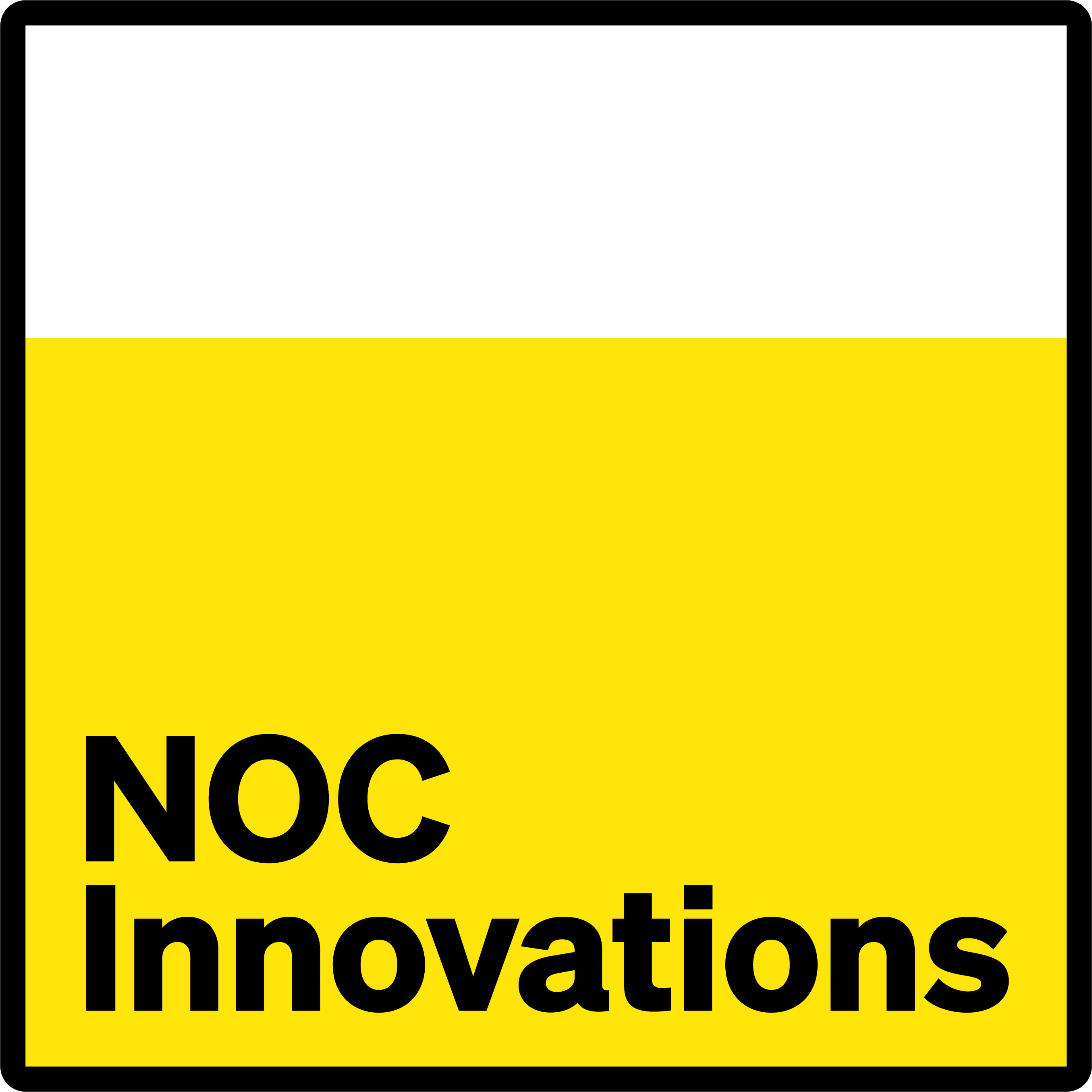While an organisation can be successful in the short term, to be sustainable long term, there is a perpetual need to be innovative and agile, and this cannot be done without the help of research. Despite this, the perception of academia is often skewed, with many organisations thinking it doesn’t add any significant value to industry operations. The NSC is helping to shift this perception by carrying out research projects that are steered by the challenges faced by industry.
NSC Business Development Manager, Ryan Gordon, has held various roles within the energy industry throughout his career, including ROV Pilot, Customer Support Engineer and Project Manager. Since making the move from industry to academia in 2021, he has not only developed a whole new skill set, but a whole new mindset on how powerful the collaboration between industry and academia can be. With experience in both settings, Ryan outlines below what can be gained from joining forces and how the NSC is helping its industry partners.
Collaboration is Key
Academics have been collaborating globally for decades, undertaking multi-disciplinary research, cross-learning and knowledge exchange. Within industry, however, external collaboration is still a relatively new concept and is often not utilised to its full potential. Working with academia can help organisations solve complex challenges at a quicker rate. Across its four research programmes, the NSC works with various industries, including energy, defence, aquaculture, transport & logistic networks and oceanographic & scientific. The challenges the teams address often recur across more than one of these industries, meaning the solutions often have cross-industry transferability.
Research & Development (R&D)
R&D is an essential part of the creation and improvement of any product or service across every industry. Academic institutions often have specialised laboratories, equipment and testing facilities that industries can access for their research and development purposes, saving industry partners substantial investment in infrastructure. This research often leads to the breakthrough of innovative technologies, products and processes that have practical applications in industry, as well as commercial opportunities.
With a sizable warehouse home to a range of cutting-edge resources and technology, the NSC is equipped to assist a range of organisations. For example, the NSC’s Hyperspectral Imaging (HSI) Lab has helped Carpenter Additive, the market leader in the manufacture, development and processing of high-quality metal powders and solutions and services for the metal Additive Manufacturing (AM) industry, to characterise different metal powders. The company can now more accurately control material for improved product quality and reduced waste. Discover more about the project here.
Talent Pipeline
Organisations will often find that they do not have enough people with a specific skill set to take a project forward, resulting in lost opportunities or poor-quality work. On the other hand, universities produce a skilled workforce of graduates and researchers trained in specialised and niche fields. The NSC is made up of a leading team of expert researchers who are readily available to deploy on industry R&D. There is constant energy and excitement at the NSC around new projects, something that is often not possible within the confines of industry organisations.
Training & Skills Development
Universities offer training programmes, workshops and continuous education development courses that cater to the needs of industry professionals. A great example of this is RGU’s graduate apprenticeship programme, allowing employees to work towards a degree whilst still retaining them within the organisation. These partnerships can lead to breakthroughs that benefit both parties and drive technological advancements.
Knowledge Transfer Partnerships (KTPs) have also proven to be a highly beneficial way for organisations to embed expertise, generate new knowledge, expand capabilities and foster a culture of innovation. A KTP involves three key parties – an organisation, an academic or research institution and a recent graduate or early-career researcher (KTP Associate) who acts as a bridge between the organisation and the academic partner. The NSC enlists various KTP Associates to work on certain projects, and they are recruited based on their academic background and skills relevant to the project. They work closely with both the business and academic partners, spending time in both environments.
Policy and Regulatory Support
Researchers contribute to shaping policies and regulations that impact industries through conducting research and providing evidence-based recommendations for better governance and practices. A prime example of this in practice is Integrated Energy PhD Student, Alexander Oburoh’s, project ‘Environmental and Policy Impacts of Blue Hydrogen Towards Net Zero in the United Kingdom’. The project revolves around policy of blue hydrogen, and one of the key outcomes will be the development of a policy model for blue hydrogen that will aid policy makers to determine the scale of policy support (i.e., investments) for blue hydrogen. In addition, it will help to determine how regulations for blue hydrogen should be developed, implemented and monitored.
The collaboration between academia and industry creates a symbiotic relationship where academic research is applied to address real-world challenges, and industry supports academia with funding, in-kind contributions such as data, domain expertise and industry knowledge, as well as practical problems to solve. This interplay fosters innovation, economic growth and societal advancement.
Interested in collaborating on a project with the NSC or want to hear more about the other ways in which we can support your business? Please contact Business Development Manager, Ryan Gordon, at r.gordon10@rgu.ac.uk to find out how the NSC can help your organisation.








